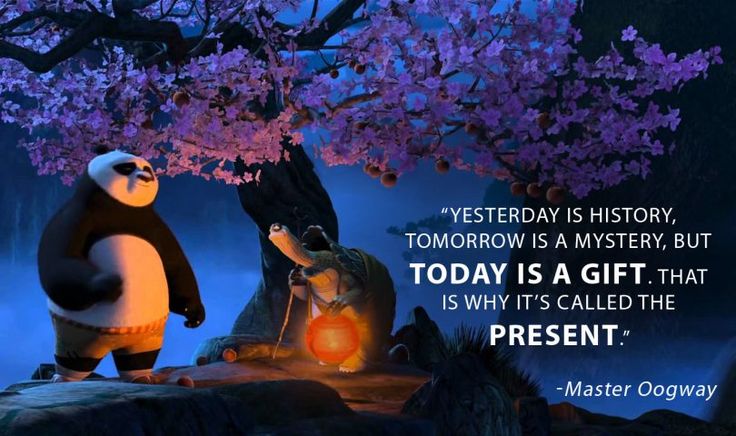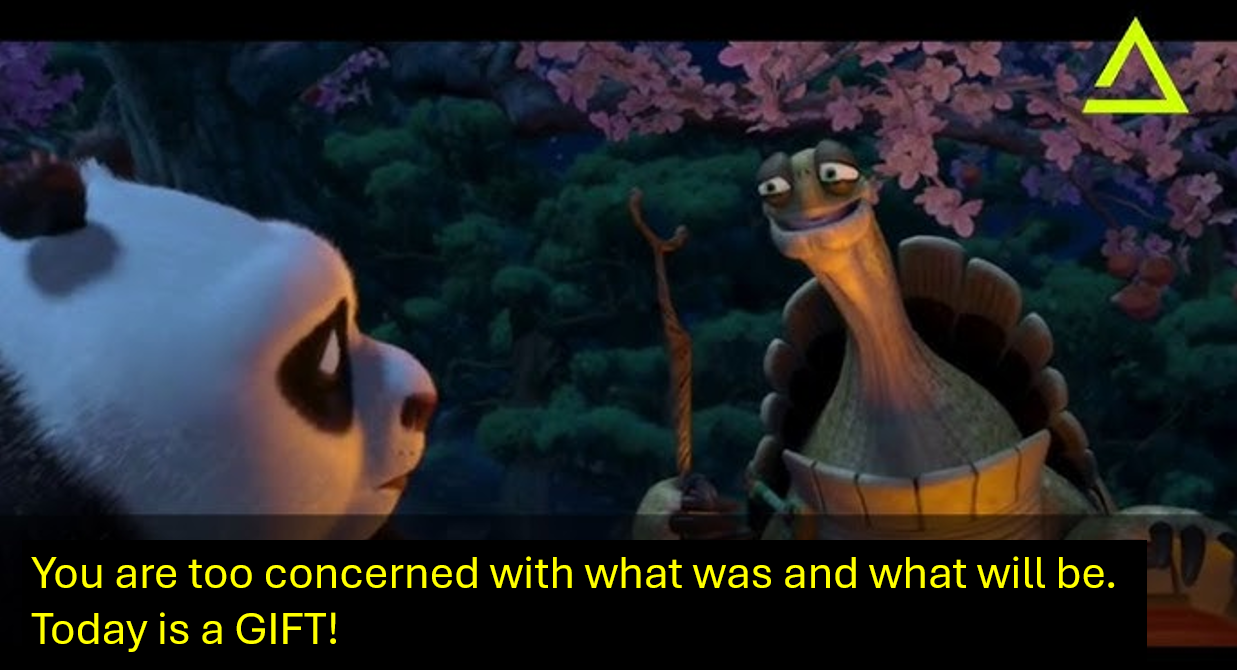
In a nice article by Noah Ayomide Oyeniyi on LinkedIn, he outlines the history and development of money from barter through to CBDCs and crypto today. He even quotes me! Thank you Noah.
I’m not going to critique the article, just recommend you read it, but I will pick up on one thing that people have caught me out for. Barter.
Almost everyone believes the first monetary system was exchanging beads for bread. Not true.
The myth of barter began with Adam Smith, who stated that quid-pro-quo exchange systems preceded economies based on currency, and everyone ever since has believed that the predecessor to money was barter systems. The thing is that there’s no evidence that Adam Smith was right. He made it up.
In fact, anthropologists have studied how communities and societies work, and conclude that no human groups use barter. “No example of a barter economy, pure and simple, has ever been described, let alone the emergence from it of money,” wrote the Cambridge anthropology professor Caroline Humphrey in a 1985 paper. “All available ethnography suggests that there never has been such a thing.”
Humphrey isn’t alone. Other academics, including the French sociologist Marcel Mauss, and the Cambridge political economist Geoffrey Ingham have come to the same conclusion.
In fact, barter emerged after humans created money.
Europeans used barter as a substitute for the Roman currency people had gotten used to. “In most of the cases we know about, [barter] takes place between people who are familiar with the use of money, but for one reason or another, don’t have a lot of it around,” explains David Graeber, an anthropology professor at the London School of Economics.
In fact, in original human groupings, the norm was to act as a gift economy. You just looked after each other. If your neighbour was short of firewood, you gave them your wood. Then, during the summer, if you had problems with getting water, your neighbour would give you water. It’s nothing to do with bartering. It’s to do with caring for each other. That’s the basics of how humanity works. We don’t argue over ten beans for a piece of meat. We gift the beans and get the meat later as a thank you.
That sounds like barter too, a little bit, but it’s not. It has zero requirement for pay-back; it does not depend on tit-for-tat – you have what I want and I have what you want; and it does depend on being personal – I know you and you know me, so we’re good.
Interestingly, trading took place outside the community, so barter never existed in the village or tribe; it existed between other villages and tribes. Take the indigenous Gunwinggu people of Australia, as observed by the anthropologist Ronald Berndt in the 1940s:
Men from the visiting group sit quietly while women of the opposite moiety come over and give them cloth, hit them, and invite them to copulate. They take any liberty they choose with the men, amid amusement and applause, while the singing and dancing continue. Women try to undo the men’s loin coverings or touch their penises, and to drag them from the “ring place” for coitus. The men go with their … partners, with a show of reluctance to copulate in the bushes away from the fires which light up the dancers. They may give the women tobacco or beads. When the women return, they give part of this tobacco to their own husbands.
So it’s a little more complicated than just trading a piece of cloth for a handful of tobacco. In fact, it leads to an interesting conclusion that barter and money are not natural human traits, but a choice we make as to how we want to live. It is not the way we have to live. We choose to live this way.
For example, the barter myth “makes it possible to imagine a world that is nothing more than a series of cold-blooded calculations,” writes David Graeber in Debt: The First 5,000 Years. He adds that “the vision of the world that forms the basis of the economics textbooks … has by now become so much a part of our common sense that we find it hard to imagine any other possible arrangement,”
So, we assume that humans evolved from apes to nomads to villages to farms to civilisations and, in the process, chose to start trading with each other based on tit-for-tat, quid pro quo exchange and then money. Wrong. Research instead points to early communities caring and looking after each other in gift economies.
In fact, we still do this with food banks and religion. We look after each other. It’s a gift economy. Interestingly, there’s a book about that too: The Gift: How the Creative Spirit Transforms the World by Lewis Hyde. You can summarise Lewis’s book by this anecdote:
At my house, we have a big whiteboard in the kitchen for menus, shopping lists, schedules, and general reminders. One day I came into the kitchen and saw this reminder written on the board,
DAD OWES WILLIAM $20.
This was true; I rarely carry cash, so I had borrowed twenty dollars from my son William. I hadn’t paid him back yet, and I still didn’t have the cash to do so. So I wrote on the board,
WILLIAM OWES DAD HIS EXISTENCE.
I figured that would buy me at least a little time. But the next time I came in the kitchen, William had added another line, just below mine:
WILLIAM DIDN’T ASK TO BE BORN.
The key to this anecdote is that we live in two different worlds: the market economy and the gift economy. The market economy is a matter of managing finite resources. At the same time, there are goods in life that the market economy cannot account for—goods that you did not and could not earn. You were given them and, at the very heart of this is the fact that you exist. You didn’t ask to be born, yet here you are. That is the gift.
As Grand Master Oogway says in Kung Fu Panda: “Yesterday is history, Tomorrow is a mystery, but Today is a gift. That is why it is called the present.”
So, the basis of humanity is not barter or money; it is community and caring. When I gift you something, there is no obligation; there is just a memory that you helped me once and so, if you need help in the future then I am there for you.
I like that.
For more on these themes, alongside the books referenced, it would do you no harm to read these two articles, as a lot of the above has been stolen from them:
Chris M Skinner
Chris Skinner is best known as an independent commentator on the financial markets through his blog, TheFinanser.com, as author of the bestselling book Digital Bank, and Chair of the European networking forum the Financial Services Club. He has been voted one of the most influential people in banking by The Financial Brand (as well as one of the best blogs), a FinTech Titan (Next Bank), one of the Fintech Leaders you need to follow (City AM, Deluxe and Jax Finance), as well as one of the Top 40 most influential people in financial technology by the Wall Street Journal's Financial News. To learn more click here...


